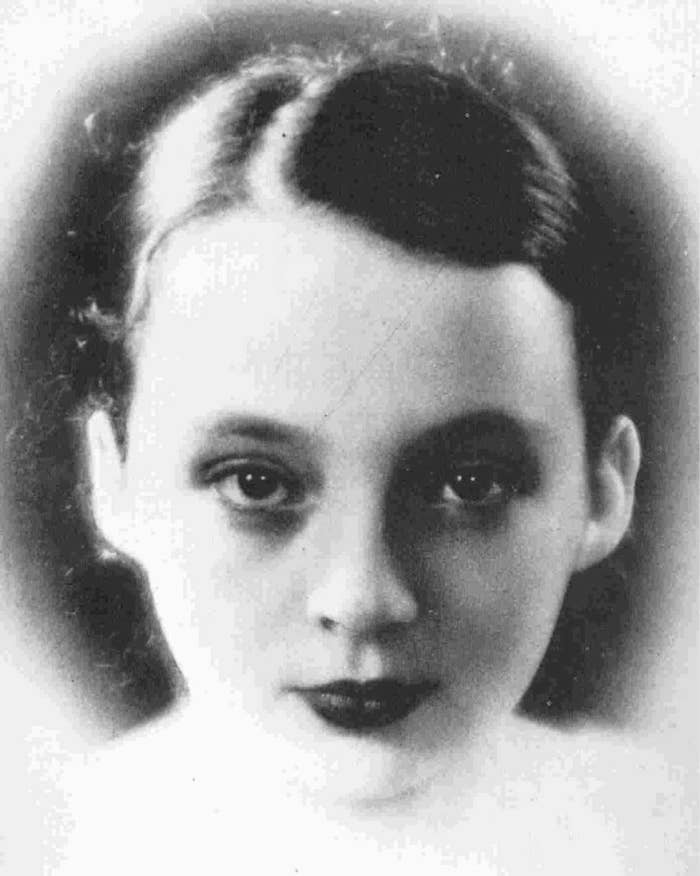
"My memory of men is never lit up and illuminated like my memory of women."
—Marguerite Duras, The Lover
In my high school yearbook there is a note from a girl who wrote, "I like you even though you are very mean." I do not remember the girl who wrote this note. I do not remember being mean to her, or anyone for that matter. I do remember I was feral in high school, socially awkward, emotionally closed off, completely lost.
Or maybe I don't want to remember being mean because I've changed in the 20 years between now and then. Around my junior year, I went from being quiet and withdrawn to being mean where mean was saying exactly what I thought and making sarcastic comments, relentlessly. Sincerity was dead to me.
I had so few friends it didn't really matter how I behaved. I had nothing to lose. I had no idea what it meant to be likable though I was surrounded by generally likable people, or I suppose, I was surrounded by people who were very invested in projecting a likable façade, people who were willing to play by the rules. I had likable parents and brothers. I was the anomaly as a social outcast, but even from a young age, I understood that when a girl is unlikable, a girl is a problem. I also understood that I wasn't being intentionally mean. I was being honest (admittedly, without tact), and I was being human. It is either a blessing or a curse that those are rarely likable qualities in a woman.
***
Inevitably on every reality-television program, someone will boldly declare, "I'm not here to make friends." They do so to establish that they are on a given program to win the nebulous prize or the bachelor's heart or get the exposure they need to begin their unsteady rise to a modicum of fame. These people make this declaration by way of explaining their unlikability or the inevitably unkind edit they're going to receive from the show's producers. It isn't that they are terrible, you see. It's simply that they are not participating in the show to make friends. They are freeing themselves from the burden of likability or they are, perhaps, freeing us from the burden of guilt for the dislike and eventual contempt we might hold for them.
In the movie Young Adult, Charlize Theron stars as Mavis Gary. Nearly every review of the movie raises her character's unlikability, painting her with a bright scarlet U. Based on this character's critical reception, an unlikable woman embodies any number of unpleasing but entirely human characteristics. Mavis is beautiful, cold, calculating, self-absorbed, full of odd tics, insensitive, and largely dysfunctional in nearly every aspect of her life. These are, apparently, unacceptable traits for a woman, particularly given the sheer number working in concert. Some reviews go so far as to suggest that Mavis is mentally ill because there's nothing more reliable than armchair diagnosis by disapproving critics. In his review, Roger Ebert lauds Young Adult screenwriter Diablo Cody for making Mavis an alcoholic because, "without such a context, Mavis would simply be insane." Ebert, and many others, require an explanation for Mavis' behavior. They require a diagnosis for her unlikability in order to tolerate her. The simplest explanation, of Mavis as human, will not suffice.
***
In many ways, likability is a very elaborate lie, a performance, a code of conduct dictating the proper way to be. Characters who don't follow this code become unlikable. Critics who fault a character's unlikability cannot necessarily be faulted. They are merely expressing a wider cultural malaise with all things unpleasant, all things that dare to breach the norm of social acceptability.
***
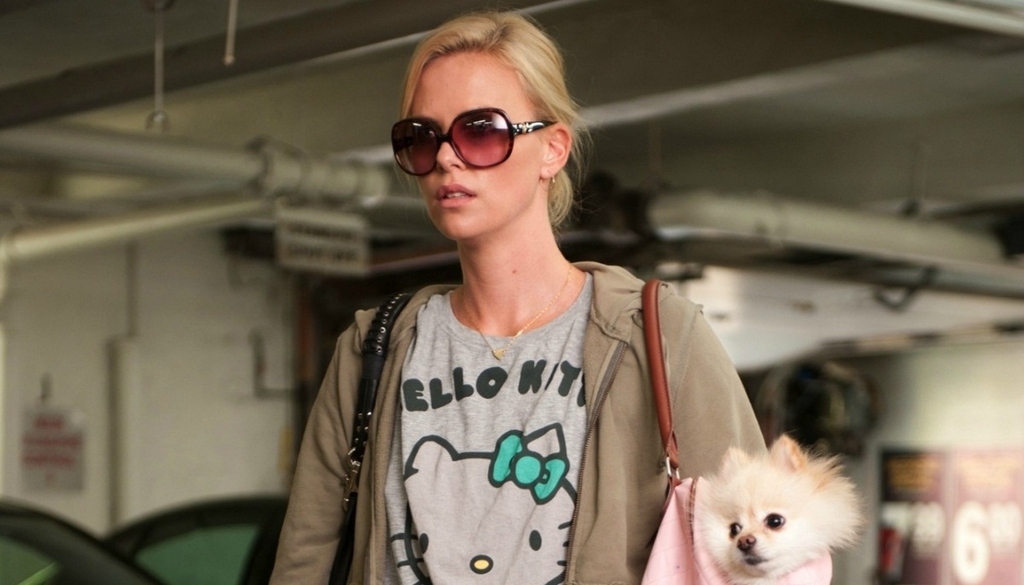
Why is likability even a question? Why are we so concerned with, whether in fact or fiction, someone is likable? Unlikable is a fluid designation that can be applied to any character who doesn't behave in a way the reader finds palatable. Lionel Shriver notes in an essay for The Financial Times, "This 'liking' business has two components: moral approval and affection." We need characters to be lovable while doing right.
Some might suggest this likability question is a byproduct of an online culture where we reflexively like or favorite every status update and bit of personal trivia shared on social networks. Certainly, online there is a culture of relentless affirmation, but it would be shortsighted to believe that this desire to be liked, this desire to express what or whom we like, begins or ends with the internet. I have no doubt that Abraham Maslow has some ideas on this persistent desire, in so many of us, to be liked and, in turn, to belong, to have our deftness at following the proper code of conduct affirmed.
As a writer and a person who has struggled with likability — being likable, wanting to be liked, wanting to belong — I have spent a great deal of time thinking about likability in the stories I read and those I write. I am often drawn to unlikable characters, to those who behave in socially unacceptable ways and say whatever is on their mind and do what they want with varying levels of regard for the consequences. I want characters to do bad things and get away with their misdeeds. I want characters to think ugly thoughts and make ugly decisions. I want characters to make mistakes and put themselves first without apologizing for it.
I don't even mind unlikable characters whose behavior is psychopathic or sociopathic. This is not to say I condone, for example, murder, but American Psycho's Patrick Bateman is a very interesting man. There is a psychiatric diagnosis for his unlikability, a deviant pathology, but he has his charms, particularly in his scathing self-awareness. Serial killers are people too, and sometimes they are funny. My conscience, Bateman thinks in the novel, my pity, my hopes disappeared a long time ago (probably at Harvard) if they ever did exist.
I want characters to do the things I am afraid to do for fear of making myself more unlikable than I may already be. I want characters to be the most honest of all things — human.
***
That the question of likability even exists in literary conversations is odd. It implies we are engaging in a courtship. When characters are unlikable, they don't meet our mutable, varying standards. Certainly, we can find kinship in fiction, but literary merit shouldn't be dictated by whether or not we want to be friends or lovers with those about whom we read.
Frankly, I find "good," purportedly likable characters, rather unbearable. Take May Welland in Edith Wharton's Age of Innocence. May's likability is, to be fair, deliberate, a choice Wharton has made so Newland Archer's passion for Countess Olenska is ever more fraught and bittersweet. Still, May is the kind of woman who always does everything right, everything that is expected of her. She is a perfect society lady. She knows how to keep up appearances. Meanwhile, everyone looks down on May's unspoken rival and cousin, the Countess Olenska, a woman who dares to defy social conventions, who dares to not tolerate a terrible marriage, who dares to want real passion in her life even if that passion is found with an unsuitable man.
We're not supposed to like her, but Countess Olenska intrigues me because she is interesting. She stands apart from the blur of social conformity. We're supposed to like, or at least respect, May for being the proper and sweet innocent she carries herself as, but in Wharton's skilled hands, we eventually see that May Welland is as human, and therefore unlikable, as anyone else. This question of likability would be far more tolerable if all writers were as talented as Edith Wharton, but alas.
Far more pernicious than the characters whose likability serves a greater purpose within a narrative are the characters who are flatly likable. It's a bit silly, but I spend a great deal of time, even now, lamenting the perfection of one Elizabeth Wakefield, one of the two golden twins prominently featured in the popular Sweet Valley High young adult series. Elizabeth is the good girl who always makes the right choices, even when she has to sacrifice her own happiness. She gets good grades. She's a good daughter, sister, and girlfriend. It's boring. Elizabeth's likability is downright loathsome. I am Team Jessica. I prefer Nellie Olsen to Laura Ingalls Wilder.
This matter of likability is largely a futile one. Oftentimes, a likable character is simply designed as such to show that he or she is one who knows how to play by the rules and cares to be seen as playing by the rules. The likable character, like the unlikable character, is generally used to make some grater narrative point.
***
Writers are often told a character isn't likable as literary criticism, as if a character's likability is directly proportional to the quality of a novel's writing. This is particularly true for women in fiction. In literature as in life, the rules are all too often different for girls. There are many instances where an unlikable man is billed as an anti-hero, earning a special term to explain those ways in which he deviates from the norm, the traditionally likable. Beginning with Holden Caulfield in Catcher in the Rye, the list is long. An unlikable man is inscrutably interesting, dark, or tormented but ultimately compelling even when he might behave in distasteful ways. This is the only explanation I can come up with for the popularity of, say, the novels of Philip Roth who is one hell of a writer, but also a writer who practically revels in the unlikability of his men, their neuroses and self-loathing (and, of course humanity) boldly on display from one page to the next.
When women are unlikable, it becomes a point of obsession in critical conversations by professional and amateur critics alike. Why are these women daring to flaunt convention? Why aren't they making themselves likable (and therefore acceptable) to polite society? In a Publisher's Weekly interview with Claire Messud about her recent novel The Woman Upstairs, which features a rather "unlikable" protagonist named Nora who is bitter, bereft, and downright angry about what her life has become, the interviewer said, "I wouldn't want to be friends with Nora, would you? Her outlook is almost unbearably grim." And there we have it. A reader was here to make friends with the characters in a book and she didn't like what she found.
Messud, for her part, had a sharp response for her interviewer. "For heaven's sake, what kind of question is that? Would you want to be friends with Humbert Humbert? Would you want to be friends with Mickey Sabbath? Saleem Sinai? Hamlet? Krapp? Oedipus? Oscar Wao? Antigone? Raskolnikov? Any of the characters in The Corrections? Any of the characters in Infinite Jest? Any of the characters in anything Pynchon has ever written? Or Martin Amis? Or Orhan Pamuk? Or Alice Munro, for that matter? If you're reading to find friends, you're in deep trouble. We read to find life, in all its possibilities. The relevant question isn't 'Is this a potential friend for me?' but 'Is this character alive?'"
Perhaps, then, unlikable characters, the ones who are the most human, are also the ones who are the most alive. Perhaps this intimacy makes us uncomfortable because we don't dare be so alive.
***
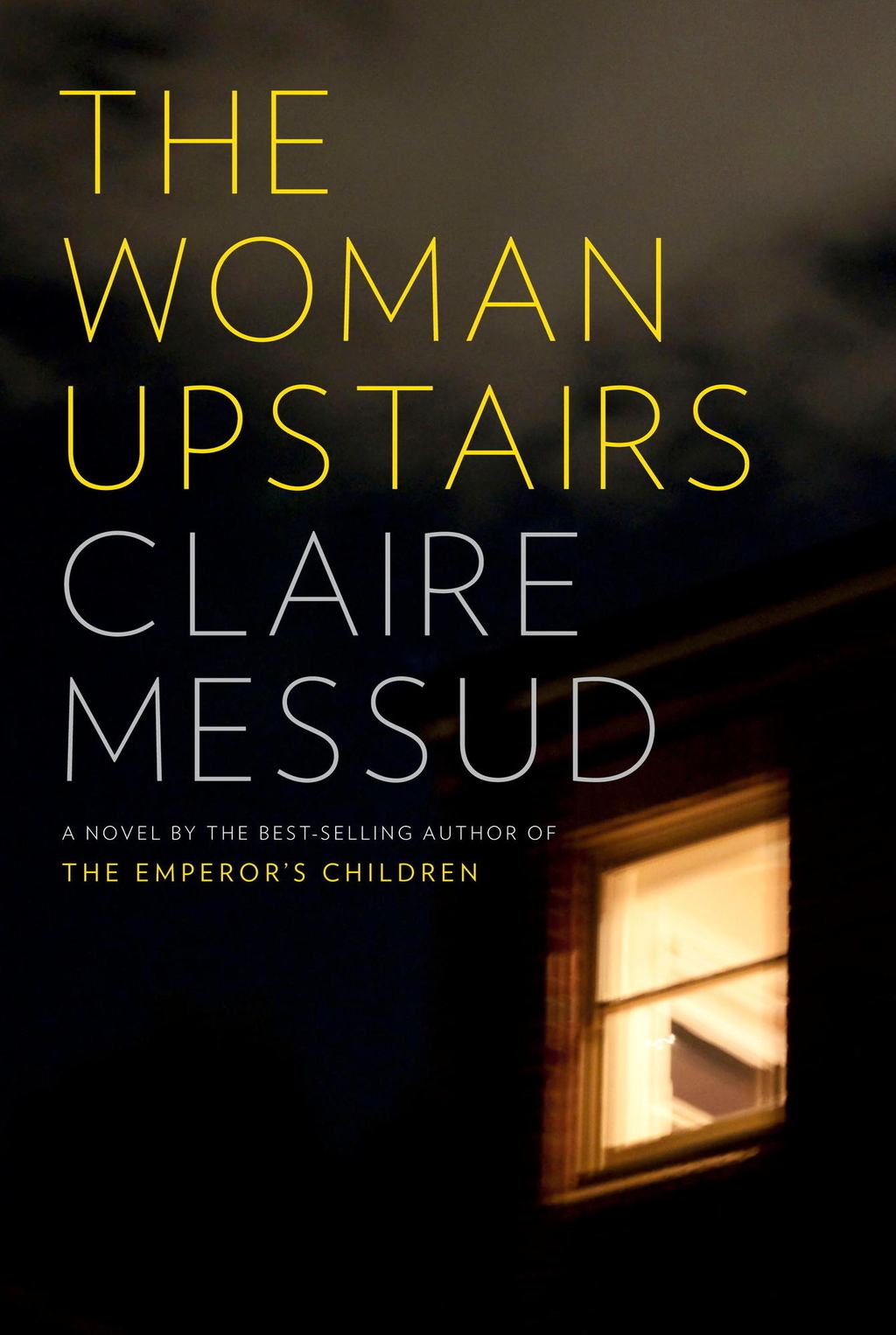
In How Fiction Works, James Wood says, "A great deal of nonsense is written every day about characters in fiction —f rom the side of those who believe too much in character and from the side of those who believe too little. Those who believe too much have an iron set of prejudices about what characters are: We should get to 'know' them; they should 'grow' and 'develop'; and they should be nice. So they should be pretty much like us." Wood is correct, in part, but the ongoing question of character likability leaves the impression that what we're looking for in fiction is an ideal world where people behave in ideal ways. The question suggests that characters should be reflections not of us, but of our better selves.
Wood also says, "There is nothing harder than the creation of fictional character." I can attest to this difficulty though with, perhaps, less hyperbole. I have, indeed, found several other tasks harder over the years. Regardless, characters are hard to create because we need to develop people who are interesting enough to hold a reader's attention. We need to ensure that they are some measure of credible. We need to make them distinct from ourselves (and in the best of all words, from those in our lives, unless of course, there is a need to settle scores). Somehow they need to be well developed enough to carry a plot or carry a narrative without a plot or endure the tribulations we writers tend to throw at them with alacrity. It's no wonder so many characters are unlikable given what they have to put up with.
It is a seductive position a writer puts the reader in when they create an interesting, unlikable character — they make you complicit, in ways that are both uncomfortable and intriguing.
***
If people with messy lives are the point of certain narratives, if unlikable women are the point of certain narratives, novels like Gone Girl, Treasure Island!!!, Dare Me, Magnificence, and many others exhibit a delightful excess of purpose with stories filled with women who are deemed unlikable because they make so-called bad choices, describe the world exactly as they see it, and are, ultimately, honest and breathtakingly alive.
These novels depict women who are clearly not participating in their narratives to make friends and whose characters are the better for it. Freed from the constraints of likability, they are able to exist on and beyond the page as fully realized, interesting, and realistic characters. There is the saying that the truth hurts, and perhaps this is what lies at the heart of worrying over likability or the lack thereof: how much of the truth we're willing to subject ourselves to, how much we are willing to hurt, when we immerse ourselves in the safety a fictional world.
Sara Levine's Treasure Island!!! features a narrator who is unlikable in curious ways. She is utterly self-obsessed, acts without considering consequences, and always makes choices that will benefit herself over others. She is intensely preoccupied with the book Treasure Island, and sets out to live her life by the book's core values: BOLDNESS, RESOLUTION, INDEPENDENCE, and HORN-BLOWING. As she careens from one self-created disaster to another, the narrator is unrepentant. There is no redemption or lesson learned from misdeeds. There is no apology or moral to the story, and that makes an already incisive and intelligent novel even more compelling.
When you think about it, these core values the narrator in Treasure Island!!!! seeks to live by — BOLDNESS, RESOLUTION, INDEPENDENCE, and HORN-BLOWING — are characteristics that define how many unlikable women lead their fictional lives.
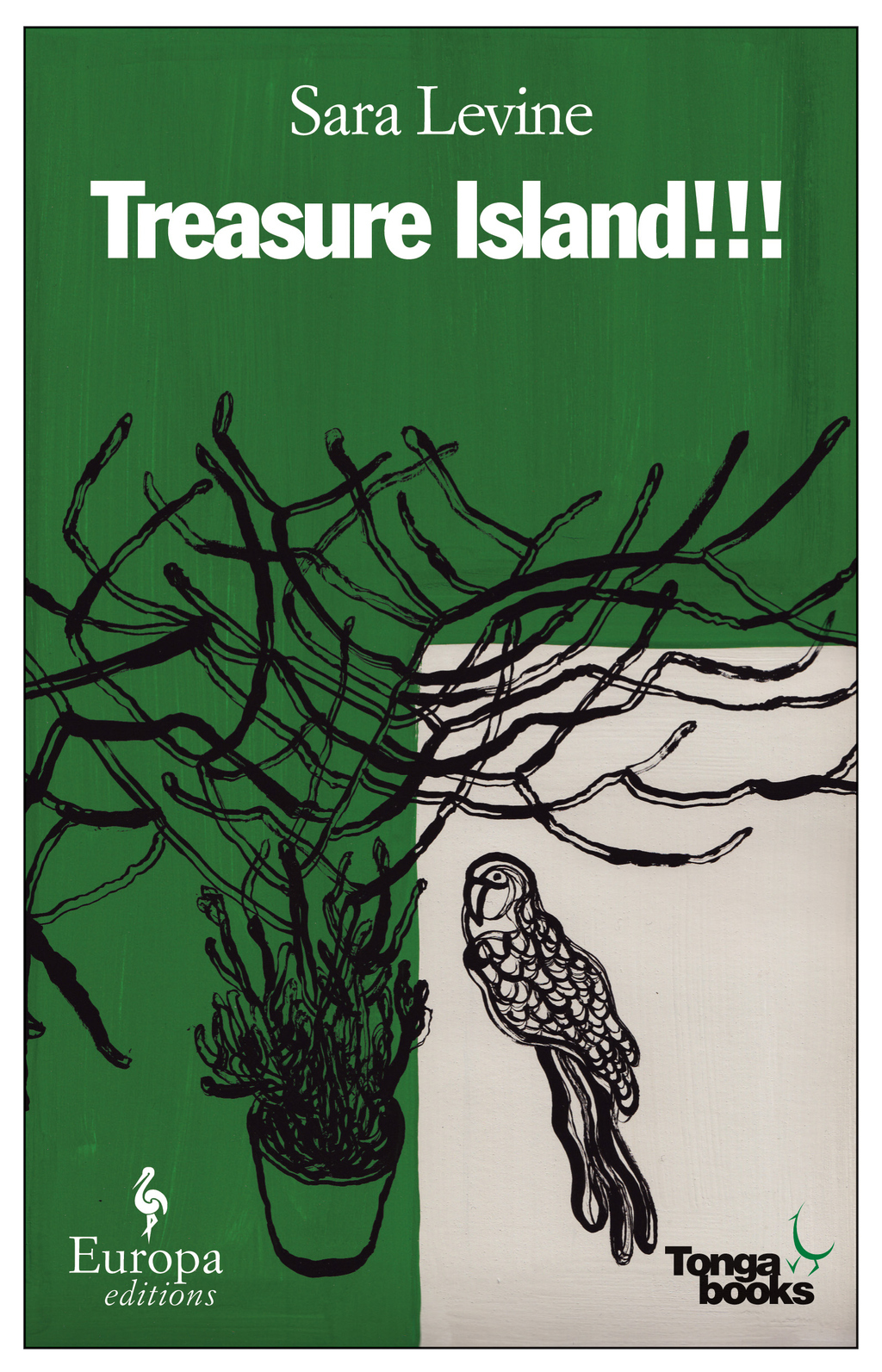
In Pamela Ribon's You Take It From Here, a woman, Smidge, is dying of lung cancer and wants her best friend Danielle to essentially finish the job of raising her daughter and being her husband's companion in grief. The book's premise is an interesting one, but what really stands out is how deeply unlikable Smidge is. She is the kind of person who, it might seem, shouldn't have any friends. She's bossy, intense, controlling, unrepentant, and manipulative. And yet. She has a best friend, a daughter, a husband, and a community of people who will deeply mourn her when she is gone. Ribon's steadfastness in this character's lack of likability is admirable. She never panders by making Smidge somehow have some kind of epiphany of character simply because she is dying. Ribon is unwavering in what she shows us of Smidge and the novel is the better for it.
A customer review of You Take It From Here on Amazon from Danae Savitri states, "I never warmed up to Smidge as a character, thought she suffered from borderline personality disorder, common among people who are charismatic narcissistics, who alternately bully, manipulate, and charm others around them." Instead of judging the book, it is a woman's likability that comes into question. Again, there is an armchair diagnosis of mental disease. It is an almost Pavlovian response to pathologize the unlikable in fictional characters.
Dare Me by Megan Abbott is a book about high school cheerleaders, but it's nothing like what you might expect. Populated by women who act with boldness, resolve, independence, and a prioritizing of the self — these mighty principles from Treasure Island!!! — Dare Me is both engaging and terrifying because it reveals the fraught intimacy between girls. It's a novel about bodies and striving for perfection and ambition and desire so naked, so palpable, you cannot help but want the deeply flawed women in the book to get what they want no matter how terribly they go about getting it. The young women at the center of the novel, Beth and Addy, are friends as much as they are enemies. They betray each other and they betray themselves. They commit wrongs, and still, they are each other's gravitational center. On the phone, after a drunken night, Beth asks Addy if she remembers "how we used to hang on the monkey bars, hooking our legs around each other, and how strong we got and how no one could ever beat us, and we could never beat each other, but we'd agree to each release our hands at the count of three, and that she always cheated, and I always let her, standing beneath, looking up at her and grinning my gap-toothed pre-orthodontic grin." It is a moment that shows us how Addy has always seen Beth plainly and understood her and loved her nonetheless. Throughout the novel, Beth and Addy remain unlikable, remain flawed to an extent, but there is no explanation for it, no clear trajectory between cause and effect. Traditional parameters of likability are deftly avoided throughout the novel in moments as honest and no less poignant as these.
Susan Lindley, a widow, has to move on after her husband's tragic death in Lydia Millet's Magnificence. From the outset we know she was unfaithful to her husband. She inherits her uncle's mansion, filled with a rotting taxidermy collection, and sets about making some kind of order, both in the mansion and in her own life. She has a daughter involved with her boss and a boyfriend who is married to another woman. She feels responsible for her husband's death but is matter of fact in reconciling this. "Was she relieved, slut that she was?" Susan thinks to herself. "Was there something in her that was relieved by any of this? If anyone could admit such a thing, she should be able to. She was not only a slut but a killer." Susan does go on to acknowledge she feels a profound absence in the loss of her husband, a "freedom of nothing," and throughout the novel, she indulges in this freedom; she embraces it.
So much of Magnificence is grounded solely in Susan's experiences, her awkward perceptions of the world she has created and continues to create for herself. We also have the pleasure of seeing a woman in her late forties as a deeply sexual being who is equally unashamed in her want for material things as she becomes more and more attached to the mansion she has inherited. Though the prose often gives over to lush excess and meditation, what remains compelling is this woman who reveals little remorse for her infidelities and the ways she tends to fail the people in her life. In a lesser novel, such remorse would be the primary narrative thrust, but in Magnificence, we see how a woman, one deemed unlikable by many, is able exist and be part of a story that expands far beyond remorse and the kinds of entrapments that could hold likable characters back. We are able to see just what the freedom of nothing looks like.
The short story collection Battleborn by Claire Vaye Watkins contains many stories with seemingly unlikable women. As much as the stories are about place, all set, in some form, in the desert of the American West, several stories are about women and their strength, where their strength comes from and how that strength can fail in unbearably human ways. The phrase "battle born" is, in fact, Nevada's state motto — meant to represent the state's strength, forged from struggle. In perhaps the most powerful story "Rondine Al Nido," there is an epigraph at the beginning. Normally, I do not care for epigraphs. I don't want my reading of a story to be framed by the writer in such an overt way. This story's epigraph, though, is from the Bhagavad Vita and reads, "Now I am become Death, the destroyer of worlds." From the outset, we know only ruin lies ahead and the story becomes a matter of learning just how that ruin comes about. We learn of a woman who "walks out on a man who in the end, she'll decide, didn't love her enough, though he in fact did love her, but his love wrenched something inside him, and this caused him to hurt her." Really, though, this is a story about when the woman was a girl, 16, with a friend, Lena, the kind who would follow the narrator, "our girl," wherever she went. There is an evening in Las Vegas, and an incident in a hotel room with some boys the girls meet, one that will irrevocably change the friendship, one that could be avoided if a flawed young woman didn't make the wrong choice, the choice that makes the story everything.
Perhaps the most unlikable woman in recent fictional memory is Amy in Gillian Flynn's Gone Girl, a woman who goes to extraordinary lengths — faking her own murder and framing her husband Nick, to punish his infidelity — and keep him within her grasp. Amy was so excessively unlikable, so unrepentant, so shameless, that at times, this book is intensely uncomfortable. Flynn engages in a clever manipulation where we learn more and more about both Nick and Amy, in small moments so that we never quite know how to feel about them. We never quite know if they are likable or unlikable and then we do know that they are both flawed, both terrible, and stuck together in many ways and it is exhilarating to see a writer who doesn't blink, who doesn't pull back.
There is a line of anger that runs throughout Gone Girl, and for Amy, that anger is borne of the unreasonable burdens women are so often forced to bear. The novel is a psychological thriller but it is also an exquisite character study. Amy is, by all accounts, a woman people should like. She's "a smart, pretty, nice girl, with so many interests and enthusiasms, a cool job, a loving family. And let's say it: money." Even with all these assets, Amy finds herself single at 32, and then she finds Nick.
The most uncomfortable aspect of Gone Girl is the book's honesty and how desperately similar many of us likely are to Nick and Amy the ways they love and hate each other. The truth hurts. It hurts, it hurts, it hurts. When we finally begin to see the truth of Amy, she says, of the night she met Nick, "That night at the Brooklyn party, I was playing the girl who was in style, the girl a man like Nick wants: the Cool Girl. Men always say that as the defining compliment, don't they? She's a cool girl. Being the Cool Girl means I am a hot, brilliant, funny woman who adores football, poker, dirty jokes, and burping, who plays video games, drinks cheap beer, loves threesomes and anal sex, and jams hotdogs into her mouth like she's hosting the world's biggest culinary gang bang while somehow maintaining a size 2, because Cool Girls are above all hot. Hot and understanding… Men actually think this girl exists. Maybe they're fooled because so many women are willing to pretend to be this girl."
This is what is so rarely said about unlikable women in fiction — that they aren't pretending, that they won't or can't pretend to be someone they are not. They have neither the energy for it, nor the desire. They don't have the willingness of a May Welland to play the part demanded of her. In Gone Girl, Amy talks about the temptation of being the woman a man wants but ultimately she doesn't give in to that temptation to be "the girl who likes every fucking thing he likes and doesn't ever complain." Unlikable women refuse to give in to that temptation. They are, instead, themselves. They accept the consequences of their choices and those consequences become stories worth reading.
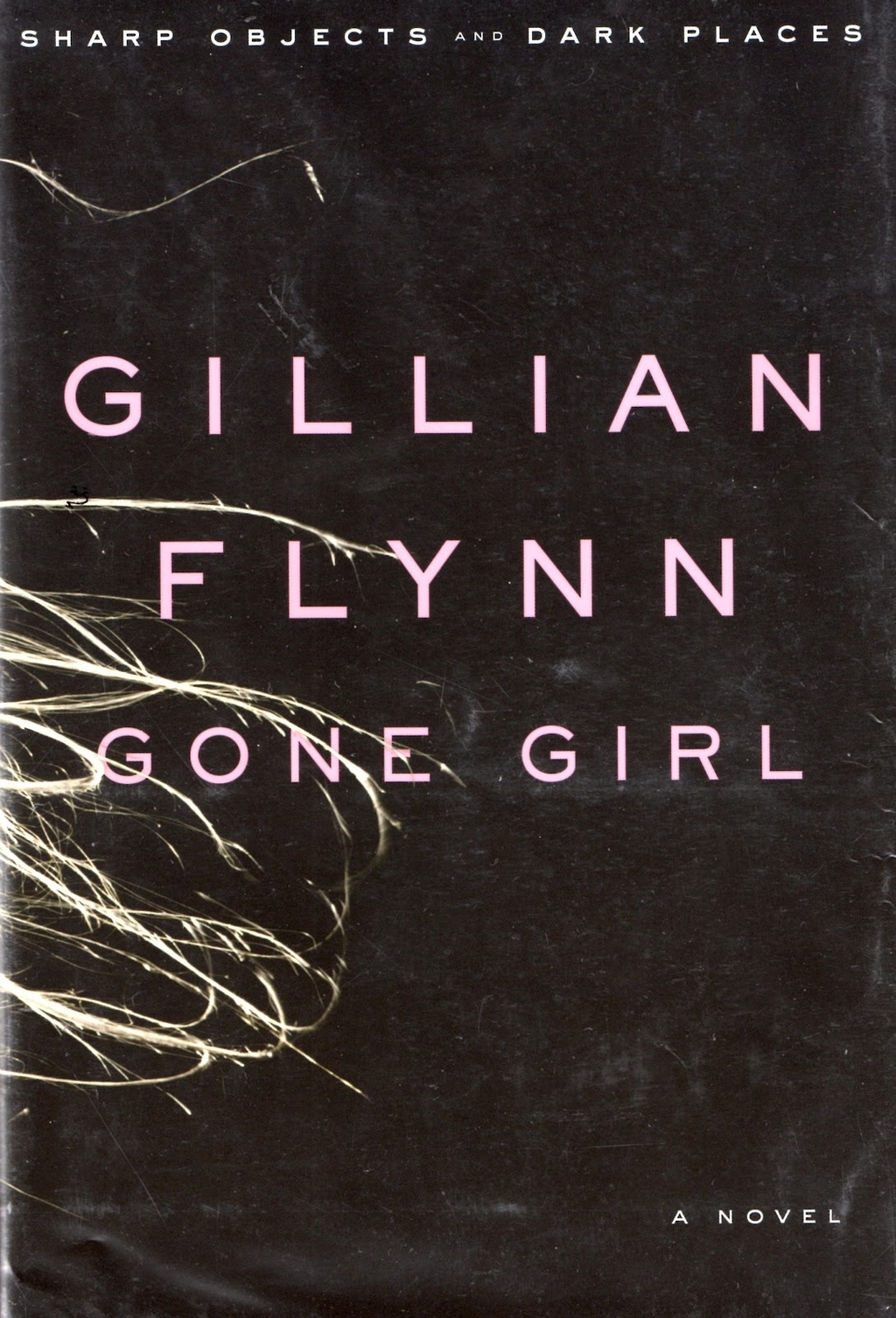
***
Roxane Gay's writing appears in Best American Short Stories 2012, Best Sex Writing 2012, Oxford American, Virginia Quarterly Review, The New York Times Book Review, The Rumpus, WSJ, and many others.

